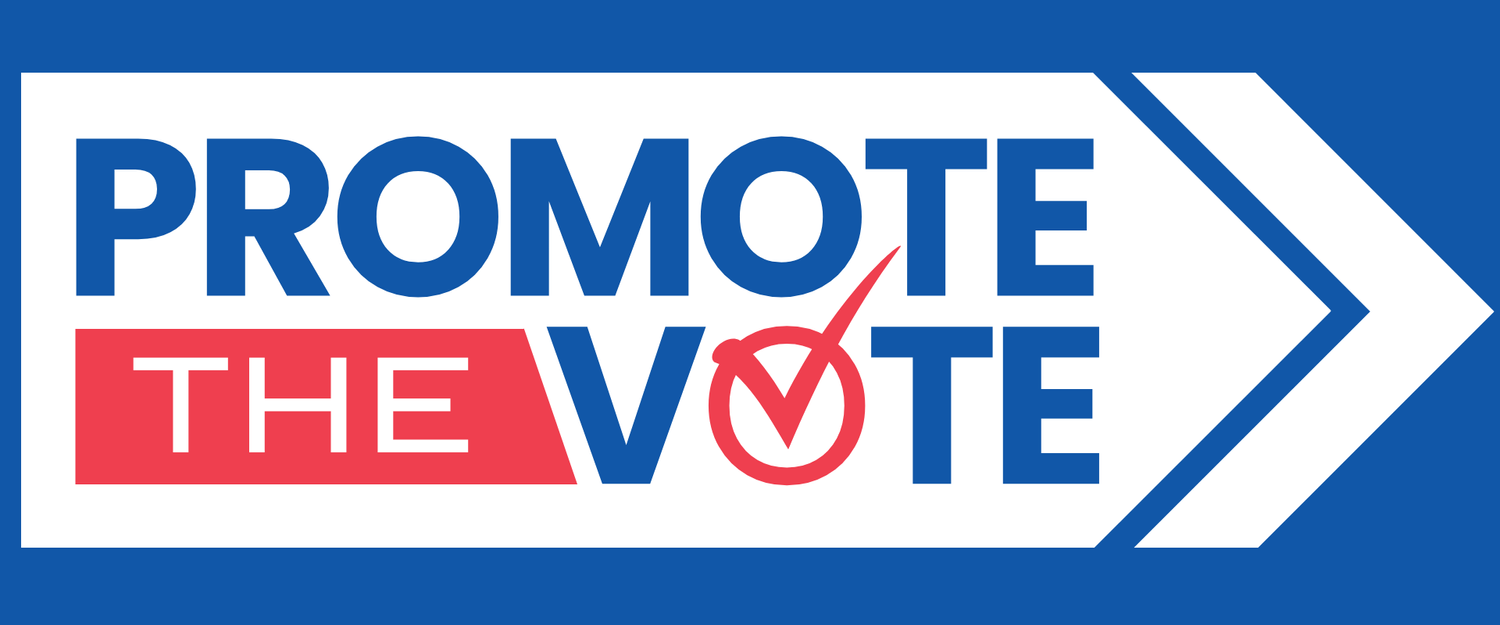Michigan must find dedicated source to fund state elections
Read the full article on the Bridge Michigan website here.
Election officials are the cornerstone of our democracy. Despite unprecedented — bordering on unimaginable — challenges in the last several election cycles, Michigan’s election officials at the state, county, and municipal levels have steadfastly and successfully performed their duties to serve Michigan voters.
Those voters have not only turned out in record numbers but have overwhelmingly supported increased access to voting, regardless of party affiliation. In order to continue to provide secure and accessible elections, the state of Michigan must adequately fund our election system.
Unlike most states, Michigan administers its elections at the municipal, rather than the county level. This means that for all statewide elections, every single one of our state’s 1,520 local election officials must communicate with voters, establish polling places, hire poll workers and provide all necessary voting equipment (including tabulators, electronic poll books, voting booths, ballot containers, and more), manage distribution, verification and tabulation of absentee ballots, report unofficial results to the counties, and secure materials and equipment after Election Day.
County election officials have their own role and set of responsibilities. These include preparing and printing ballots, programming and testing equipment, and in many instances, training poll workers. The Department of State’s Bureau of Elections must maintain and regularly update a complex election technology system, ensuring its security, provide training to local election officials and maintain a comprehensive website that hosts online voter registration, absentee ballot applications and more.
This level of decentralization makes our elections incredibly safe and secure — but it won’t stay that way without continued investment.
This system provides so many benefits to millions and millions of Michiganders who make their voices heard at that ballot box, and must be funded accordingly. Costs for security, staffing, technology, combating misinformation and training have increased exponentially over the past several years. Election officials at all levels have faced expanded job duties and increased scrutiny and threats. Yet funding for elections – deemed “critical infrastructure” by the U.S. Department of Homeland Security – has long been inadequate.
Experts agree on the need for additional funding: Matt Masterson, former Senior Cybersecurity Advisor to the Department of Homeland Security, and Trey Grayson, former two- term Kentucky Secretary of State, wrote in a 2022 paper that, “states need to act now to provide officials more funding to run upcoming elections and to ensure essential security for their buildings, polling locations, staff and themselves.” The National Task Force on Election Crises states that election officials cannot “prevent cyber or other attacks by foreign adversaries or domestic disruptors” or “recruit poll workers on an ongoing basis, reflecting the full diversity of communities” without additional resources at the state and local level.
Our state is a leader in offering equitable voting opportunities, thanks to citizen-approved amendments to the Michigan Constitution. Yet while voters from Detroit to Houghton support protecting, strengthening and participating in our democracy, our state has yet to allocate additional funding to support election administration in a consistent or meaningful way.
This can be done.
Several other states provide all or some of the funding for elections, while Michigan’s local and county governments are mostly forced to figure it out on their own. It’s time the Michigan Legislature takes action to make our elections even more secure and even more accessible by establishing a consistent and dedicated source of state funding for election administration. Our democracy depends on it.
